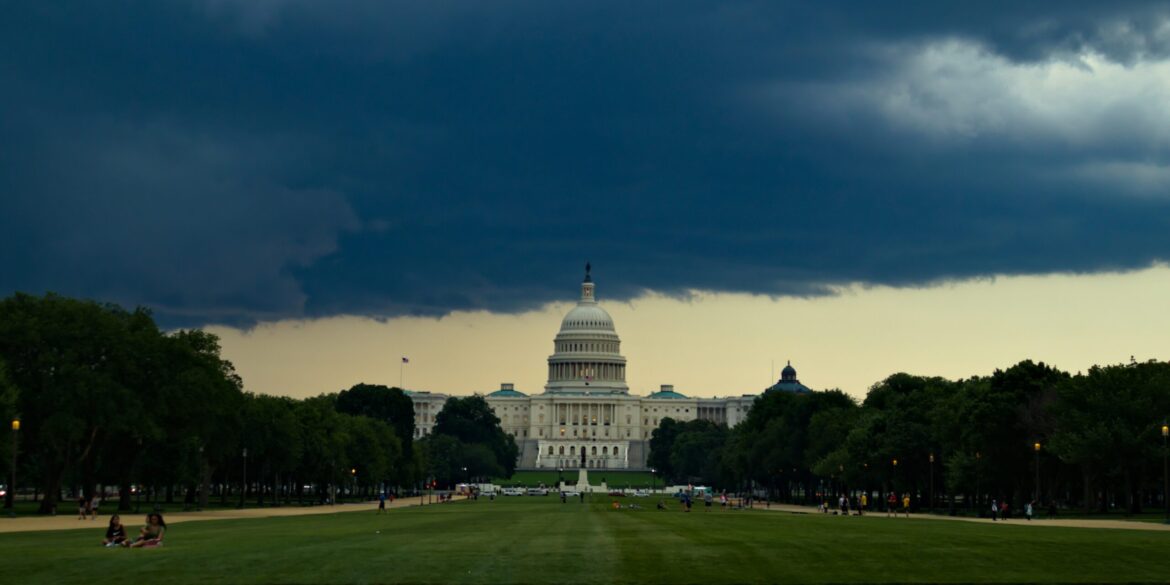As of October 2, 2025, the U.S. government shutdown, which began on October 1, is now in its second day, and the situation remains unresolved. The shutdown has led to a significant disruption in federal operations, with agencies across the government operating with limited resources. This includes essential agencies such as the FBI, which has had to scale back its activities, impacting key functions like training, hiring, and ongoing investigations. The interruption has not only hindered the ability of federal agencies to perform their usual tasks but has also put a strain on federal employees, many of whom are working without pay.
One of the most visible effects of the shutdown is the disruption to services that citizens rely on, from law enforcement to public health and safety functions. For instance, the FBI’s limited resources mean that certain critical investigations and operations are either delayed or postponed, which could have far-reaching consequences, particularly in areas of national security and law enforcement. Training programs for new agents and existing staff have been postponed, as have some recruitment activities, leading to a backlog in personnel needs for agencies.
While federal workers are bearing the brunt of the shutdown, the effects extend beyond just government operations. In Washington, D.C., restaurants and local businesses have stepped up to support those affected by the shutdown, with some offering free meals to unpaid federal employees. This gesture of solidarity, though appreciated, is unlikely to mitigate the broader economic and personal challenges that federal workers face as the shutdown drags on.
Meanwhile, the resolution of the shutdown remains uncertain. Congress is working to reach a funding agreement, but political gridlock continues to impede progress. Lawmakers are divided over how to proceed with government funding, and until an agreement is reached, federal agencies will continue to operate under limited capacity. The ongoing deadlock raises concerns about the potential for further disruption, especially if the shutdown extends into weeks or even longer.
The shutdown has ignited debates over fiscal responsibility, government spending, and the role of government in the daily lives of Americans. As lawmakers continue to negotiate, there is growing pressure to find a compromise that will allow federal workers to return to their full duties and restore normal government operations. However, until that happens, federal workers, businesses in Washington, D.C., and the public at large will continue to feel the impact of this prolonged shutdown.
For now, the immediate focus is on resolving the funding issue to end the shutdown, but the uncertainty surrounding the timeline for that resolution means the situation could drag on, leaving many in limbo. As the days pass, the pressure will mount on Congress to take action, especially as the financial and social costs of the shutdown begin to mount for both federal employees and the broader economy.

